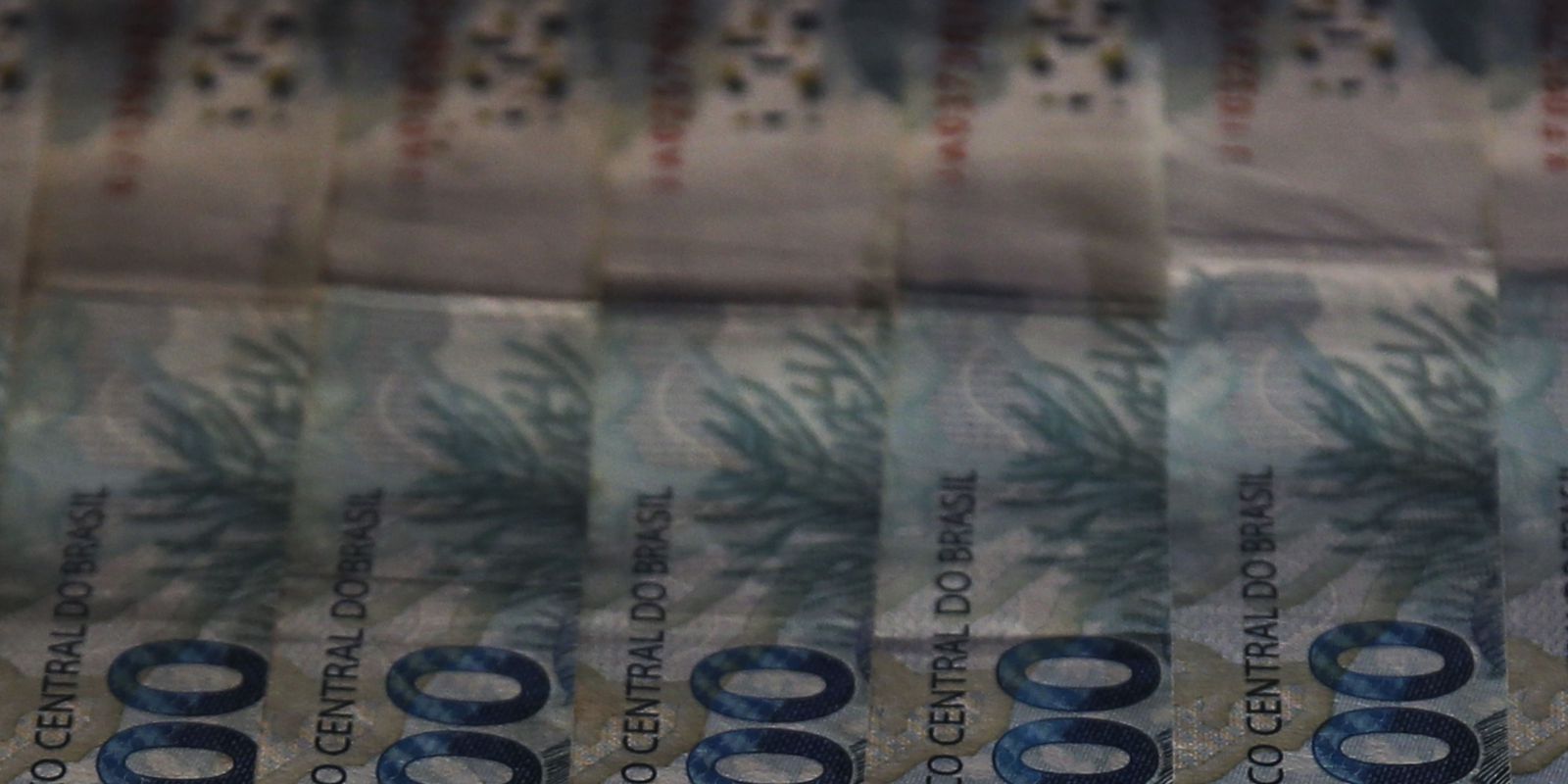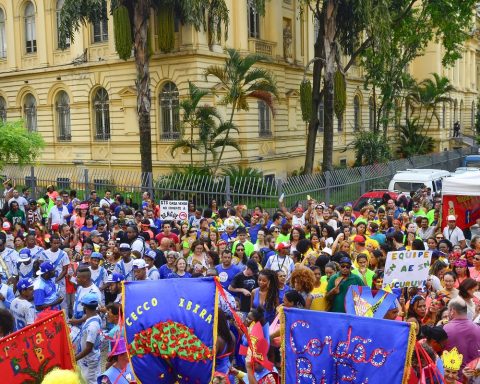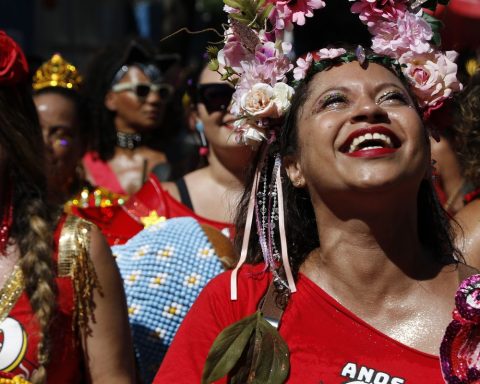Public accounts recorded a positive balance in 2021, according to data released today (31), in Brasília, by the Central Bank (BC). Last year, the consolidated public sector, made up of the Union, states and municipalities, had a primary surplus of BRL 64.7 billion, compared to a deficit of BRL 703 billion in 2020. The result, the first positive in public accounts since 2013, represents 0.75% of the Gross Domestic Product (GDP) compared to the 9.41% impact recorded in 2020.
The data are in tax statistics report of BC. According to the bank, in December, the consolidated public sector registered a primary surplus of BRL 123 million, compared to a deficit of BRL 51.8 billion in December 2020. In the Central Government (Welfare, Central Bank and National Treasury), there were surplus of R$ 13.9 billion, and in regional governments and state-owned companies, deficits, in the order of R$ 12.8 billion and R$ 1 billion.
The primary result is formed by revenues minus interest expenses, without considering the payment of interest on the public debt. Thus, when revenues exceed expenditures, there is a primary surplus.
In 2021, the nominal result of the consolidated public sector, which includes the primary result and nominal interest appropriated, showed a deficit of BRL 383.7 billion (4.42% of GDP, the sum of all goods and services produced in the country ), compared to BRL 1.01 trillion (13.6% of GDP) in 2020. In December, the nominal deficit reached BRL 54.2 billion, compared to BRL 75.8 billion in December of the previous year.
According to the BC, the primary surplus of the consolidated public sector, in 2021, of 0.75% of GDP, contributed to the nominal deficit in 2021 being also the smallest, as a percentage of GDP, since 2013, when it was in deficit by 2, 96% of GDP.
Fees
Interest expenses totaled BRL 448.4 billion in 2021, against BRL 312.4 billion in 2020. Nominal interest reached BRL 54.4 billion in December, compared to BRL 24 billion in December 2020.
The increase was influenced by the BC operations in the foreign exchange market (exchange swap) which registered a loss of BRL 4 billion in December 2021, compared to a gain of BRL 8 billion in December 2020, and by the increase in the Selic rate, currently in 9.25% per year.
The currency swap is the sale of dollars in the futures market. The results of these operations are transferred to the payment of interest on the public debt, as income, when there are gains, and as expenses, when there are losses.
Public debt
The net public sector debt (balance between the total credits and debts of federal, state and municipal governments) closed 2021 at R$ 5 trillion, which corresponds to 57.3% of GDP. The BC said the result shows an annual reduction in the DLSP/GDP ratio of 5.3 percentage points of GDP.
According to the BC, the result mainly reflects the effects of the 7.4% accumulated exchange rate devaluation in the year (a reduction of 1.2 percentage points); growth in nominal GDP (a reduction of 8.7 percentage points), of the primary surplus (a reduction of 0.7 percentage points), “partially offset by the nominal interest appropriated (increase of 5.2 percentage points) and by the variation in the parity of the basket of currencies that make up the net external debt (increase of 0.4 percentage point).”
The gross debt of the general government (DBGG) – which only accounts for the liabilities of the federal, state and municipal governments – reached R$ 7 trillion or 80.3% of GDP.
“In the year, the DBGG/GDP ratio dropped by 8.3 percentage points, mainly as a result of growth in nominal GDP (a reduction of 12.3 percentage points), net debt redemptions (a reduction of 2.1 percentage points), the incorporation of nominal interest (increase of 5.8 percentage points) and the exchange rate devaluation (increase of 0.4 percentage point)”, said the BC.
















